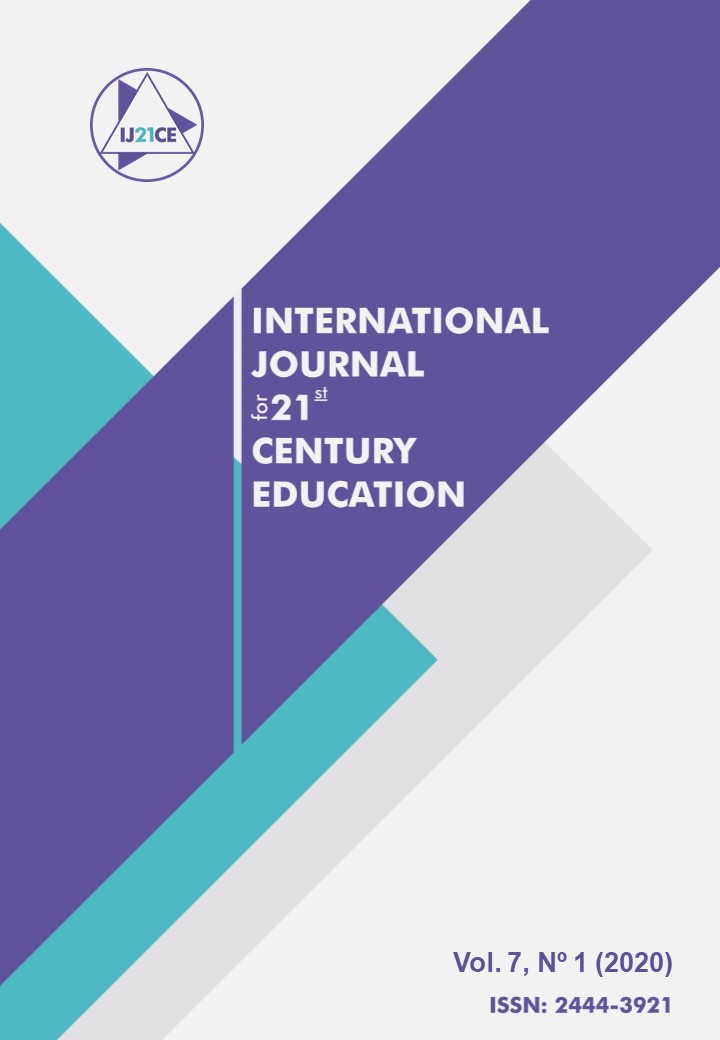TEACHERS’ COMPUTER-ASSISTED LANGUAGE LEARNING (CALL) LITERACY: A COMPARATIVE STUDY IN SPAIN AND IRAN
Main Article Content
Abstract
The application of technology in teacher education has received significant attention recently. It would be, somehow, impossible to deny the necessity of integrating technology in language education. The deficiency and illiteracy in delivering technology-based practices into instruction are assumed as key challenges of teachers in 21st-century education. This study aimed to explore the current level of Computer-Assisted Language Learning (CALL) literacy of language teachers in Iran and Spain. Moreover, the relationships between CALL literacy and their nationality are investigated. The study was based on a sample of 318 language teachers in Iran and Spain. Data collection was carried out through an online questionnaire. To make a sound decision, the researchers agreed to utilize the Delphi method so that appropriate experts were chosen in order to ensure a valid study. In the data analysis phase, descriptive, t-test, and one-way ANOVA analyses were performed to answer the research questions. The findings of the study revealed that there is no difference between the participants’ CALL literacy of language teachers in terms of their nationality. Finally, pedagogical implications and recommendations for further research are presented.
Downloads
Article Details
Proposed Copyright Notices by Creative Commons
1. Proposed policy for journals that offer open access
Authors who have publications in this journal agree to the following terms:
Authors retain their copyright and grant the journal the right of first publication of their work, which will simultaneously be subject to a Creative Commons Attribution License that allows third parties to share the work provided that the author and the journal as the original place of publication are properly acknowledged.
Authors may enter into separate, additional non-exclusive licensing agreements for the distribution of the published version of the work (e.g., depositing it in an institutional online repository or publishing it in a monographic volume), provided that the original publication in this journal is acknowledged.
Authors are permitted and encouraged to disseminate their work online (e.g., in institutional online repositories or on their personal website) before and during the submission process, as this can foster productive exchanges and increase citations of the published work (see The Open Access Effect).

